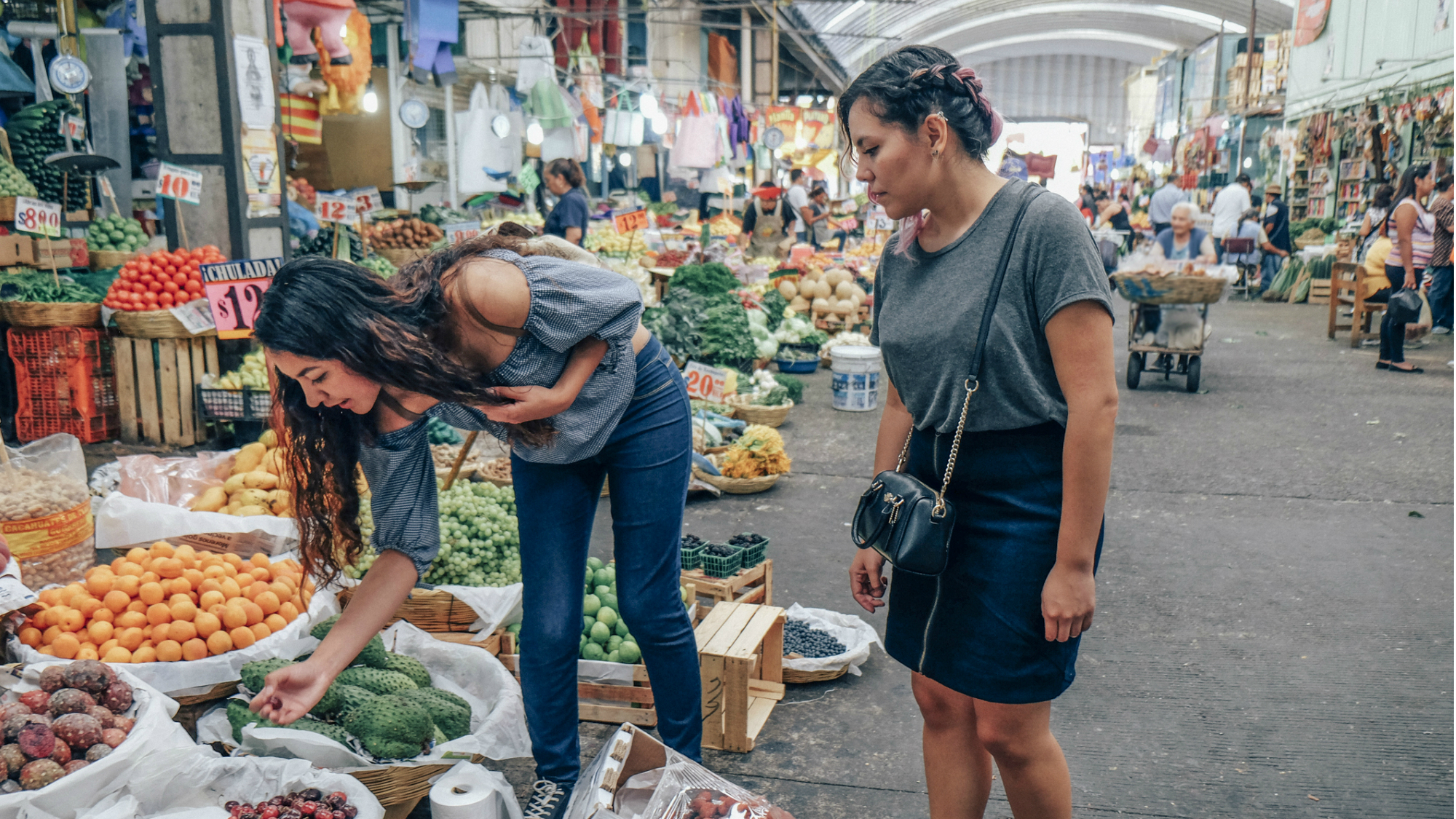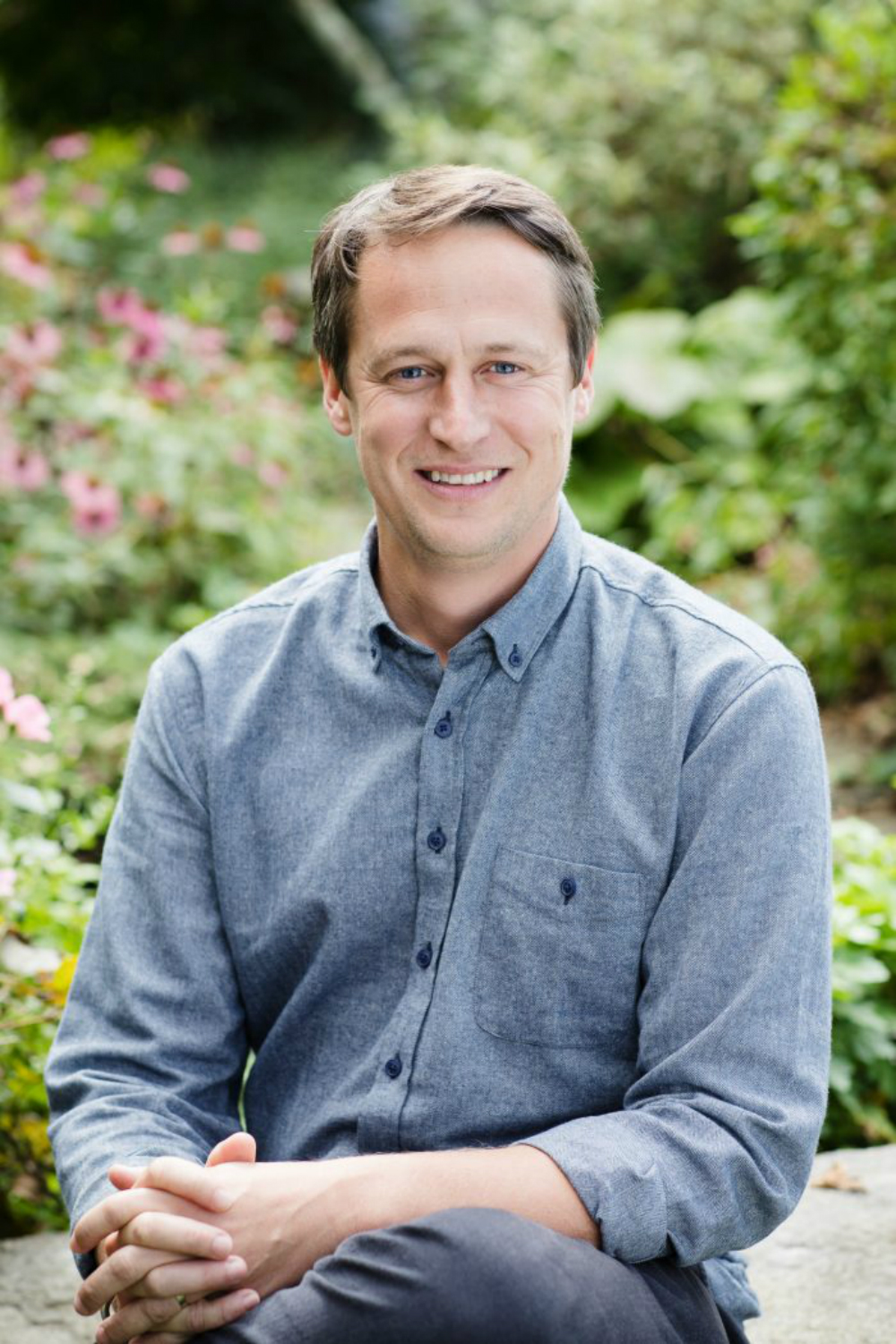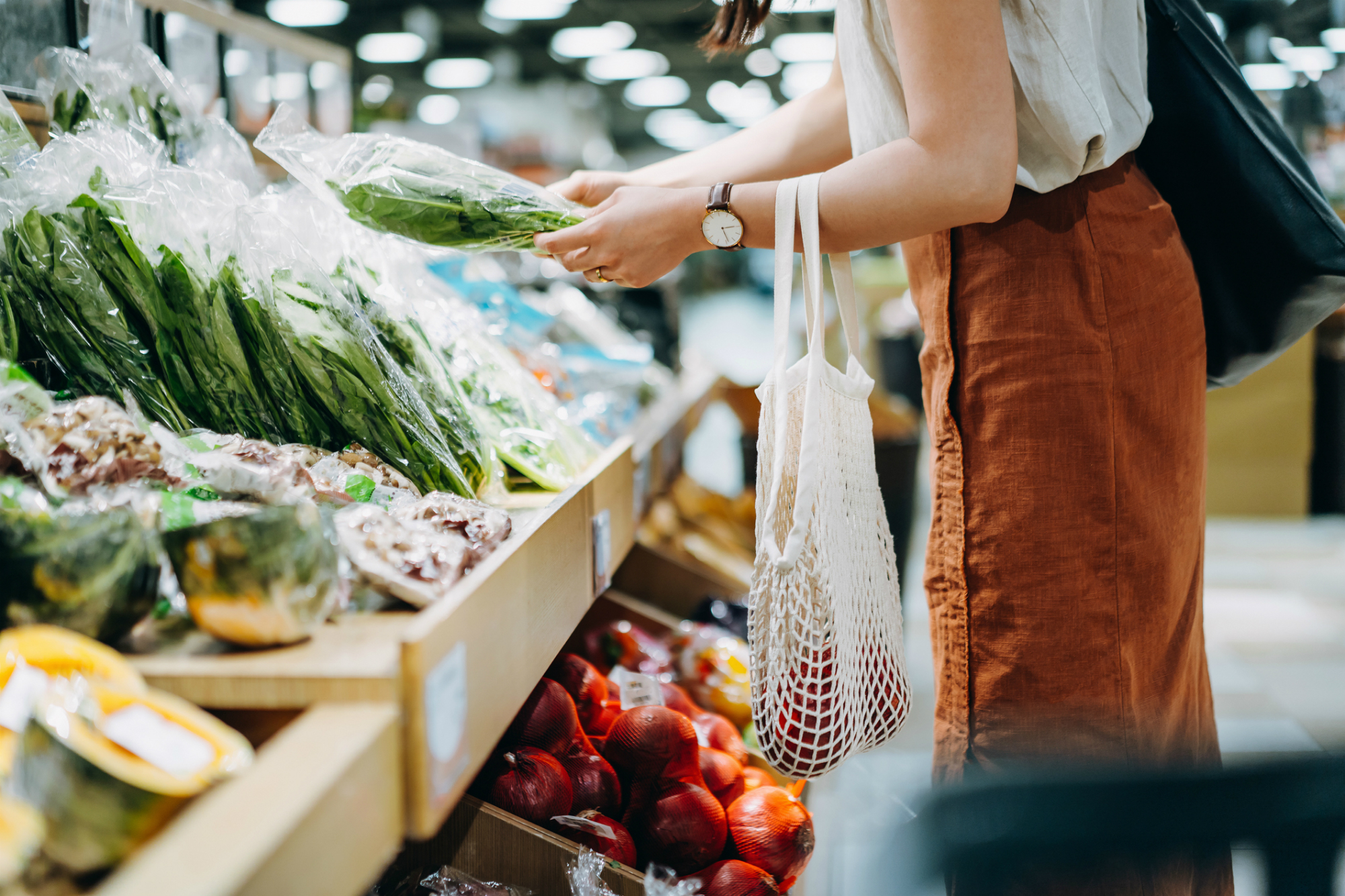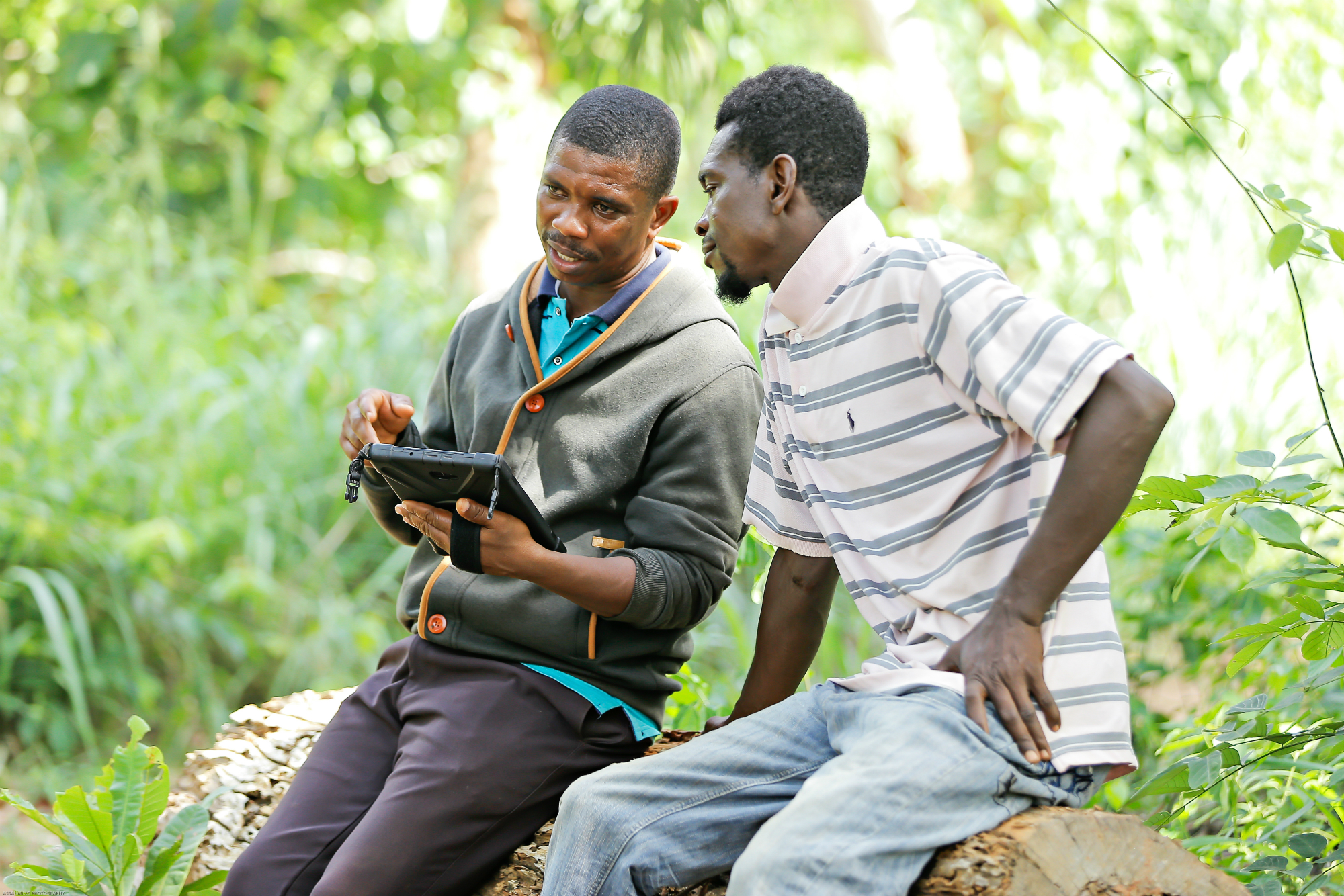Is conscious consumption the new normal?
With research showing that we're slowly but surely changing our daily habits to live more sustainably, Alex Morgan, Chief Markets Officer for Rainforest Alliance, sheds a light on the next steps to take together

With research showing that we're slowly but surely changing our daily habits to live more sustainably, Alex Morgan, Chief Markets Officer for Rainforest Alliance, sheds a light on the next steps to take together
2020 is a challenging year, so let’s take solace in a bit of good news—the latest data confirms an inspiring trend: we increasingly value and care about people and nature. Take, for instance, our food choices.
Almost six out of ten UK shoppers say they would change their supermarket if a competitor could prove it was doing more to fight deforestation, according to a recent survey from the World Wildlife Fund. Another recent study conducted across five continents shows that 45% of consumers are already making more sustainable shopping choices and will likely continue to do so.
These stats come as no surprise when we consider the state of our world today. We’ve long been using the earth’s resources faster than the planet can regenerate them, and the pandemic has thrown the consequences of climate change into sharp relief. Scientists have been warning about the link between deforestation and pandemics for years, and the current pandemic is shining a bright light on these connections.
Most of us have also noticed more extreme weather patterns and are aware of accelerating biodiversity loss and increasing inequality. Any way you slice it, all signs are pointing to the fact that our environment is compromised, and our ecosystems will soon reach a point of no return with grave consequences for people worldwide if we do not act urgently.
At times, this can feel entirely overwhelming and like too much for any of us to take on. But, if my thirteen years at the Rainforest Alliance have taught me anything, it’s that together we have the power to turn things around. In fact, the solutions are already right in front of us.
Natural climate solutions like forest conservation and restoration and improved land management offer a huge opportunity for positive change. Projections from the Intergovernmental Panel on Climate Change show that these measures make up more than one-third of the global climate solution. With 23% of human-caused greenhouse gas emissions currently coming from agriculture, forestry, and other land-use practices, this means that the problem is also the solution. This is an area where we as individuals, hold a lot of power.
Celebrity news, beauty, fashion advice, and fascinating features, delivered straight to your inbox!

Making better personal choices for people and nature does make a difference, despite the overwhelming nature of the problems. This could mean practicing conscious consumption - by buying sustainably produced products or opting to be less wasteful in our daily lives, including buying only what we need. The difference comes not only from voting with our wallets but also from setting daily habits that inspire others.
Obviously, governments and large companies have the responsibility and the power to make systemic change happen—and fast. The point is not where the onus of change lies, but that it all works in concert.
The evidence points to this as well. In 2015, the UK introduced a five pence tax on single-use plastic bags after mounting public concern over the damage they cause to the environment. Since then, the use of plastic bags in England’s major supermarkets has gone down by 95%. This demonstrates the power of collective action when a shift in public sentiment is amplified by government intervention.
When it comes to tackling issues like climate change and deforestation, the ripple effect of everyday personal choices is key. We can live in a much healthier planet if each of us commits to being more thoughtful in our actions.

How do we get there? The pandemic has already prompted many of us to reflect on our lives and habits, and this is where it all starts—with self-reflection on our own day-to-day impact. From what we eat, to how we travel, to the products and services we use, it all adds up. While conscious consumption can seem daunting at first, it doesn’t have to be.
Some actions that I have personally taken are: eating less meat (especially beef which has a massive carbon footprint), being careful to only buy what I need to reduce food waste (you may have seen the alarming figure that one-third of all food in the world is wasted), seeking out certified and local products whenever possible, and avoiding single-use plastics as much as I can.
These things usually don’t cost me much extra time or money, and they’re not an all or nothing proposition. The power of collective action and conscious consumption don’t lie in perfection, but from all of us simply trying to do our best on a day-to-day basis.
The more we exercise that muscle, the easier it gets too. When we know, for instance, that practicing conscious consumption will directly support farming communities that are helping mitigate climate change through sustainable farming practices, we feel more motivated to keep going.

Seeking out friends or organizations that keep us accountable and inspired can ensure that our desire to do our part is reflected in our actions. That’s where initiatives like the Rainforest Alliance’s 30-Day Sustainability Challenge can help, offering daily tips on how to live a more sustainable life and make new habits stick.
We are all facing a choice. We can either get paralyzed by the immensity of these issues or focus our attention on the good, yet easily disregarded, news that together we have the power to shape the path forward and make the new normal a world where people and nature thrive in harmony.
The leading destination for fashion, beauty, shopping and finger-on-the-pulse views on the latest issues. Marie Claire's travel content helps you delight in discovering new destinations around the globe, offering a unique – and sometimes unchartered – travel experience. From new hotel openings to the destinations tipped to take over our travel calendars, this iconic name has it covered.